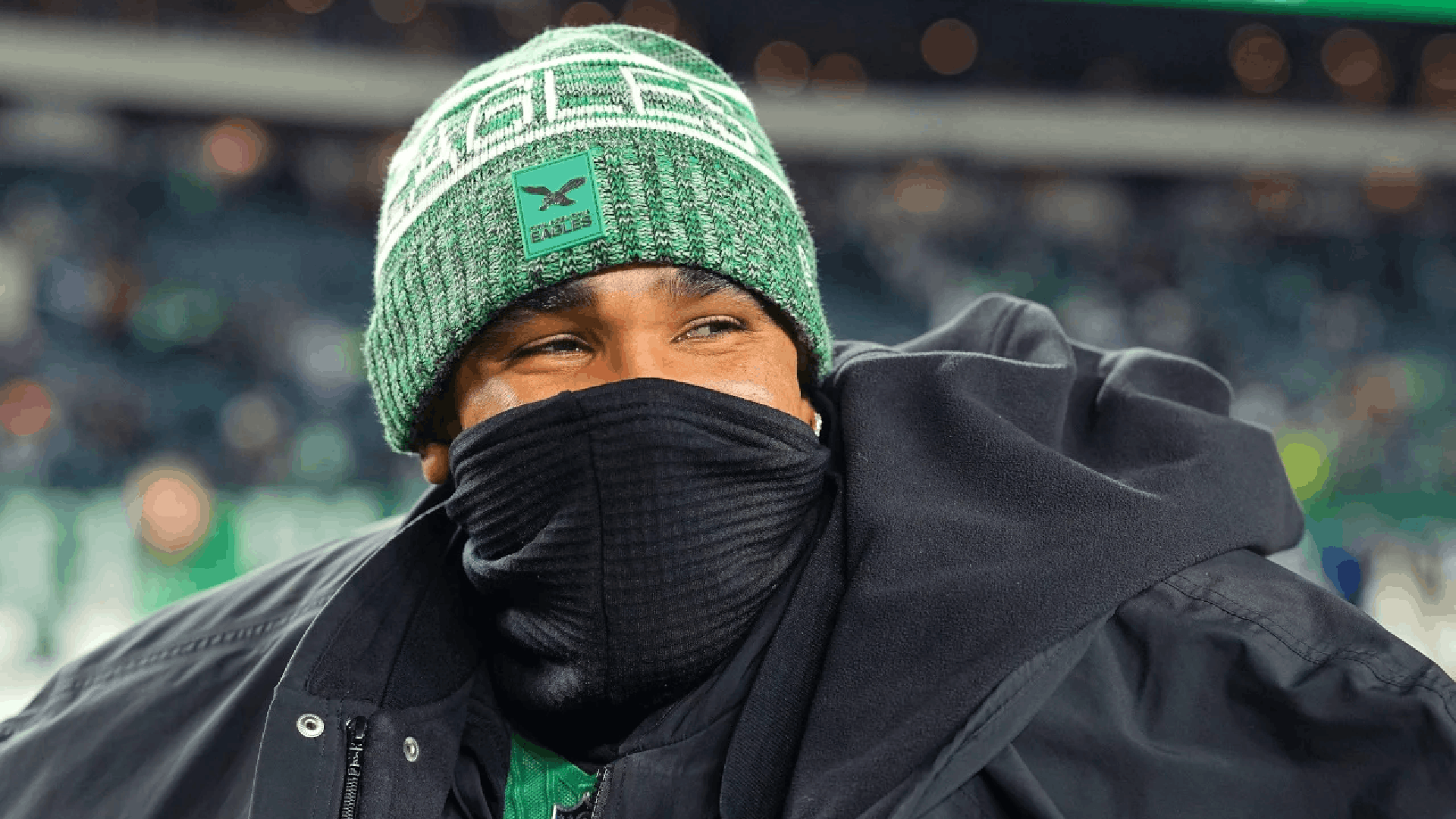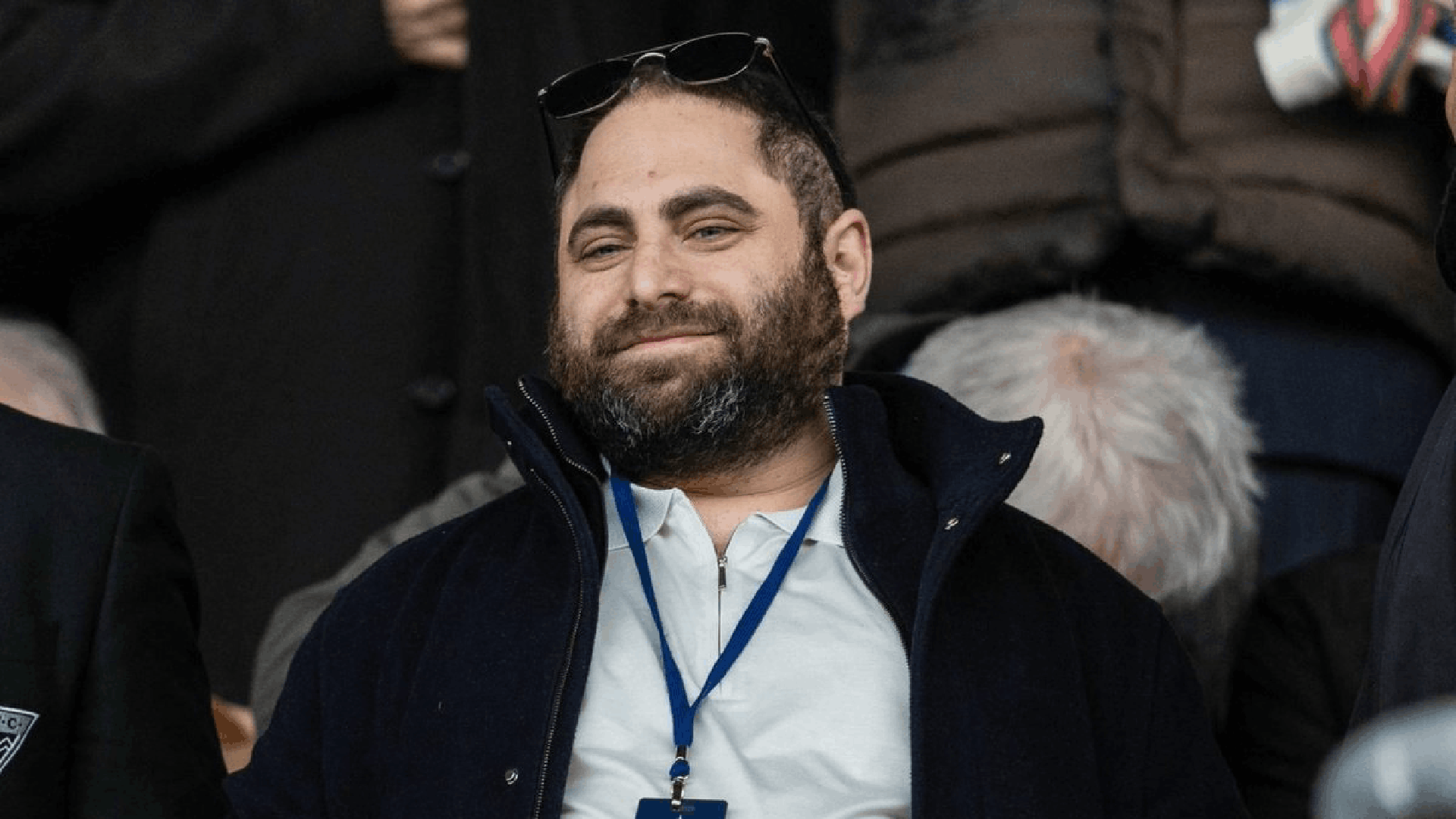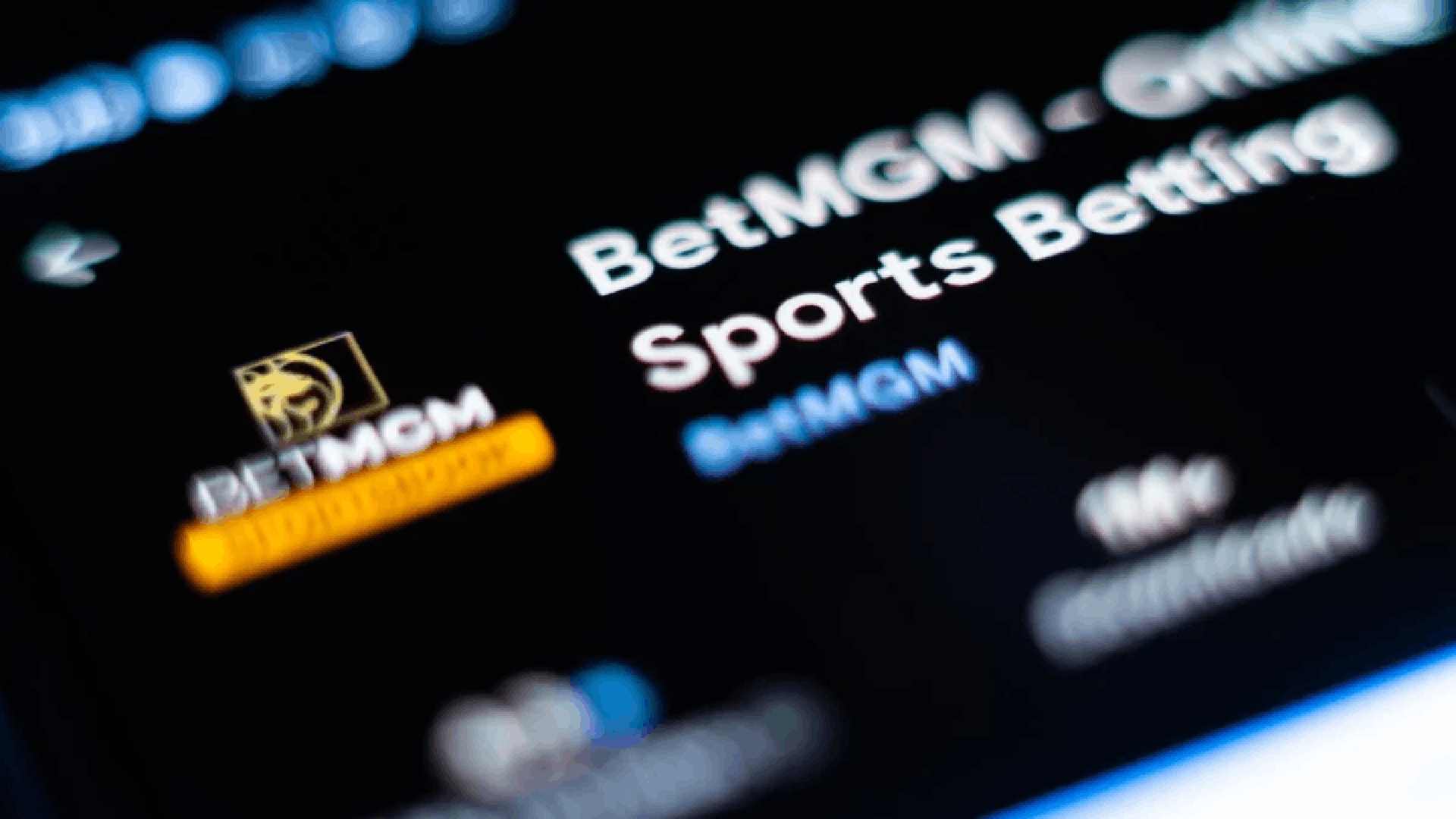Gaming Lobby Defends Sports Betting Ads, Says Marketing Critical to Ridding Illegal Ops
The American Gaming Association (AGA), the leading trade organization advocating for the commercial and tribal gaming sectors in Washington, DC, and state capitals nationwide, is supporting the advertising practices of regulated sportsbooks.
Amidst calls in Congress and some state capitals to limit or restrict the advertisement practices of sports betting operators, the AGA argues that this marketing is essential for eliminating illegal gambling and offshore betting operations.
"Advertising by legal sportsbooks plays an important role in informing consumers about legitimate betting operators and in migrating those consumers to safe betting options,” the AGA wrote in a recent statement.
“The widespread legalization of sports betting brought with it advertising for legal, regulated sportsbooks that compete for consumer attention with illegal offshore books. These illegal operators use deceptive online marketing tactics to bombard bettors with misleading claims about their legal status,” the trade group continued.
The AGA states that its goal is to "promote a policy and business climate in which legal, regulated gaming can flourish." Its primary members consist of commercial and tribal gaming operators, gaming suppliers and manufacturers, and independent testing laboratories.
Promoting Enhances Recognition
The AGA reports that its findings indicate approximately 70% of sports gamblers utilizing an offshore, unregulated site do not know that the operation is illegal. Through promoting legal operations, the AGA believes that additional consumers will transition to a book that is regulated, pays taxes, and offers consumer protections.
Despite criticism from responsible gaming advocates, lawmakers, religious figures, and anti-gambling individuals concerning the prevalence of sports betting advertisements, the AGA indicates that the amount of sports betting ads has declined in recent years.
The AGA indicates that advertising expenditures for sportsbooks and daily fantasy sports fell by $210 million last year, a decrease of 15%. The gaming association states that sports betting advertisements reached their highest point in 2021, three years following the US Supreme Court's decision to eliminate the federal law that restricted single-game sports betting to Nevada.
As per Nielsen Ad Intel, ads for sports betting made up only 0.4% of all the advertisements aired on television in the previous year. That's lower than alcohol (0.5%), telecom/wireless (1.5%), fast food (3.8%), and pharmaceuticals (14.1%).
Sports wagering is permitted and functioning in 38 states, along with DC. In November, Missouri voters will determine if they will be the 39th state to legalize regulated sports betting.
Currently, only Alabama, Alaska, California, Georgia, Hawaii, Idaho, Minnesota, Oklahoma, South Carolina, Texas, and Utah still prohibit sports betting.
Federal Legislation Delays
In March, US Representative Paul Tonko (D-New York) brought forth the SAFE Bet Act (Supporting Affordability and Fairness With Every Bet Act). The law aimed to prevent sports betting advertisements from airing during live sporting events and to restrict sportsbooks from using promotional messages that could encourage gambling, like free bets and enhanced odds offers.
"Just as in the tobacco industry when it was determined that that industry was posing a public health situation, we have now displaced Joe Camel with celebrity spokespeople and, yes, free product,” Tonko declared.
Tonko’s SAFE Bet Act has not made any progress in Congress.











